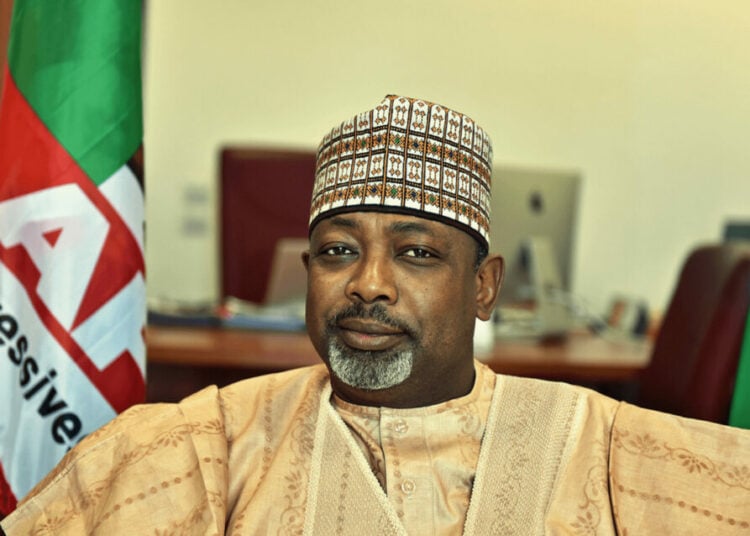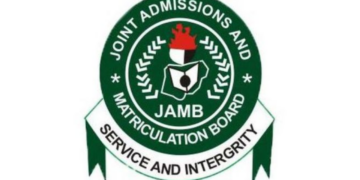The Federal Government, on Saturday, announced that it has earmarked 40,000 hectares of land and registered 80,000 farmers for the 2025/2026 dry season wheat production programme, with an expected output value of about ₦160 billion.
Minister of Agriculture and Food Security, Abubakar Kyari, disclosed this at the official flag-off of the programme under the National Agricultural Growth and Agro Pocket Project (NAGSAP) in Jere Local Government Area of Borno State.
Kyari said Borno State will account for 3,000 of the 40,000 hectares allocated nationwide this season, representing 6,000 registered wheat farmers.
He noted that during the 2023/2024 cycle, 107,429 registered farmers received subsidised inputs, producing an output valued at ₦474.6 billion. In the 2024/2025 season, 279,297 farmers were supported, with output valued at ₦893.7 billion.
“For the current 2025/2026 season, the programme is targeting 80,000 registered farmers with an expected output of approximately ₦160 billion,” he said.
Kyari added that the NAGSAP programme will deploy Agricultural Extension Agents to provide field-level guidance on modern agronomic practices, while Fertiliser and Seed Quality Control Officers will ensure all inputs supplied meet approved standards.
He said the wheat component of NAGSAP currently covers 16 states: Adamawa, Bauchi, Borno, Cross River, Gombe, Kaduna, Kano, Kebbi, Niger, Plateau, Sokoto, Taraba, Yobe, and Zamfara. He noted that Cross River’s inclusion last year marked the first expansion of wheat cultivation into the southern region.
Kyari emphasised that the programme is structured to ensure inclusivity for women and young people, giving them access to training, inputs, and agricultural opportunities.
Speaking at the event, Borno State governor, Babagana Zulum, commended the Federal Government for its continued support for irrigation development, noting that Borno—especially the Lake Chad Basin—remains one of Nigeria’s most promising agricultural hubs.
“Today is more than a ceremony; it is a celebration of hope, resilience, and our commitment to ensuring no family in Borno goes hungry and no farmer is left behind,” Zulum said.
He reaffirmed the state’s commitment to all-season farming through investments in infrastructure, modern machinery, irrigation facilities, improved seeds, fertilisers, and other essential inputs.
Zulum added that wheat production in the state has become a transformative initiative, enabling farmers to achieve higher yields and contribute significantly to national food security.
“Borno has recorded remarkable milestones through our people-centred agricultural strategy, reaching tens of thousands of smallholder farmers, resettled households, women, and youth with improved seeds, agrochemicals, and agronomic support,” he said.





